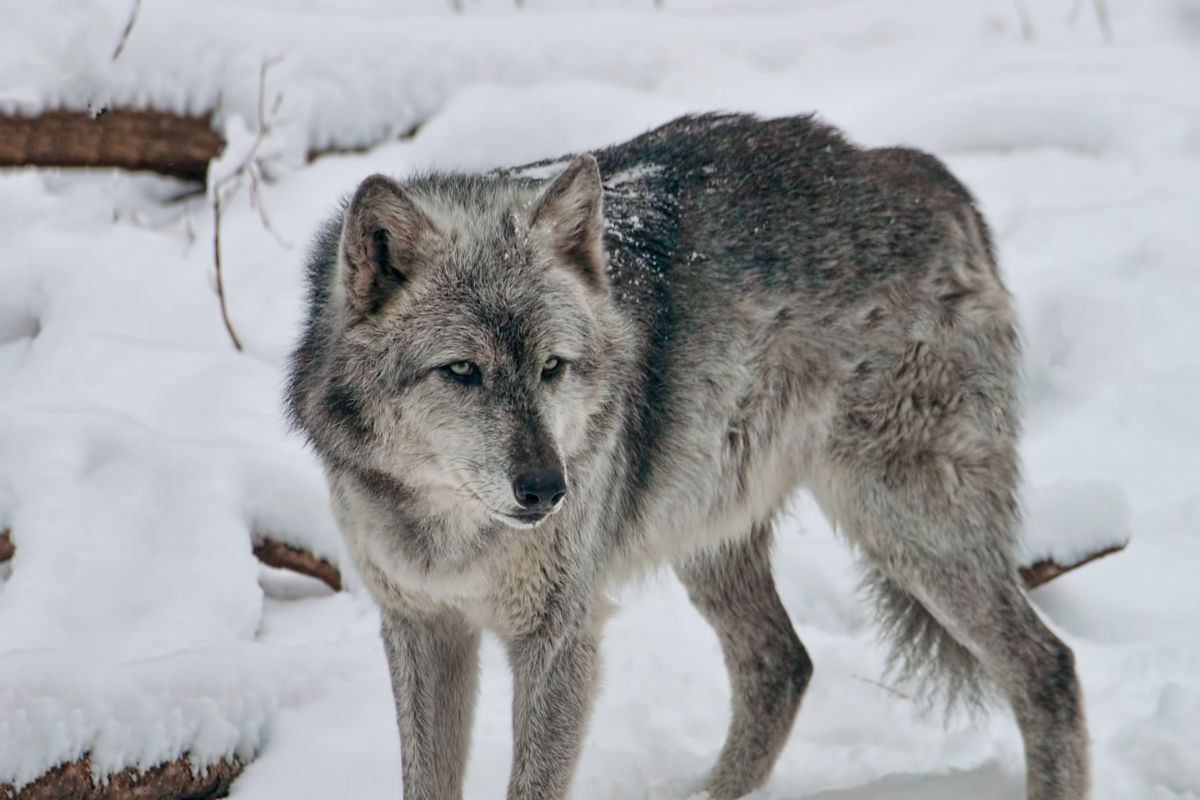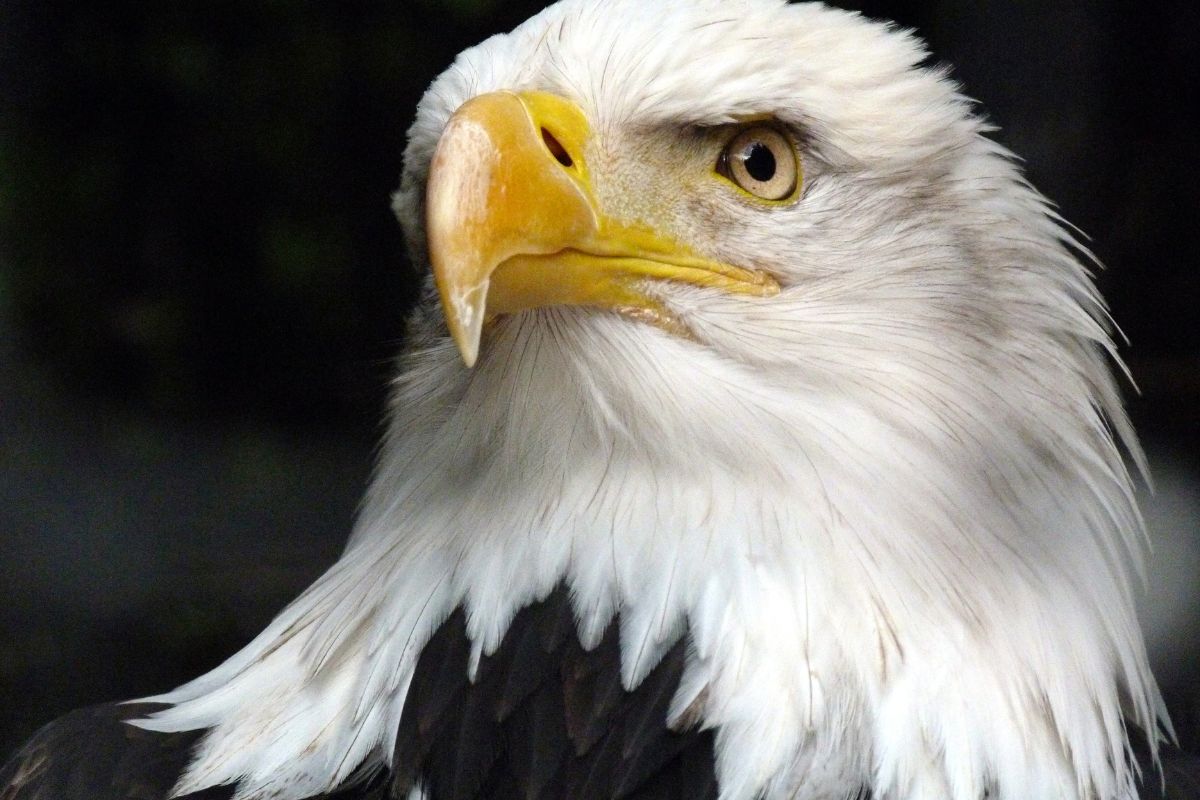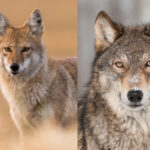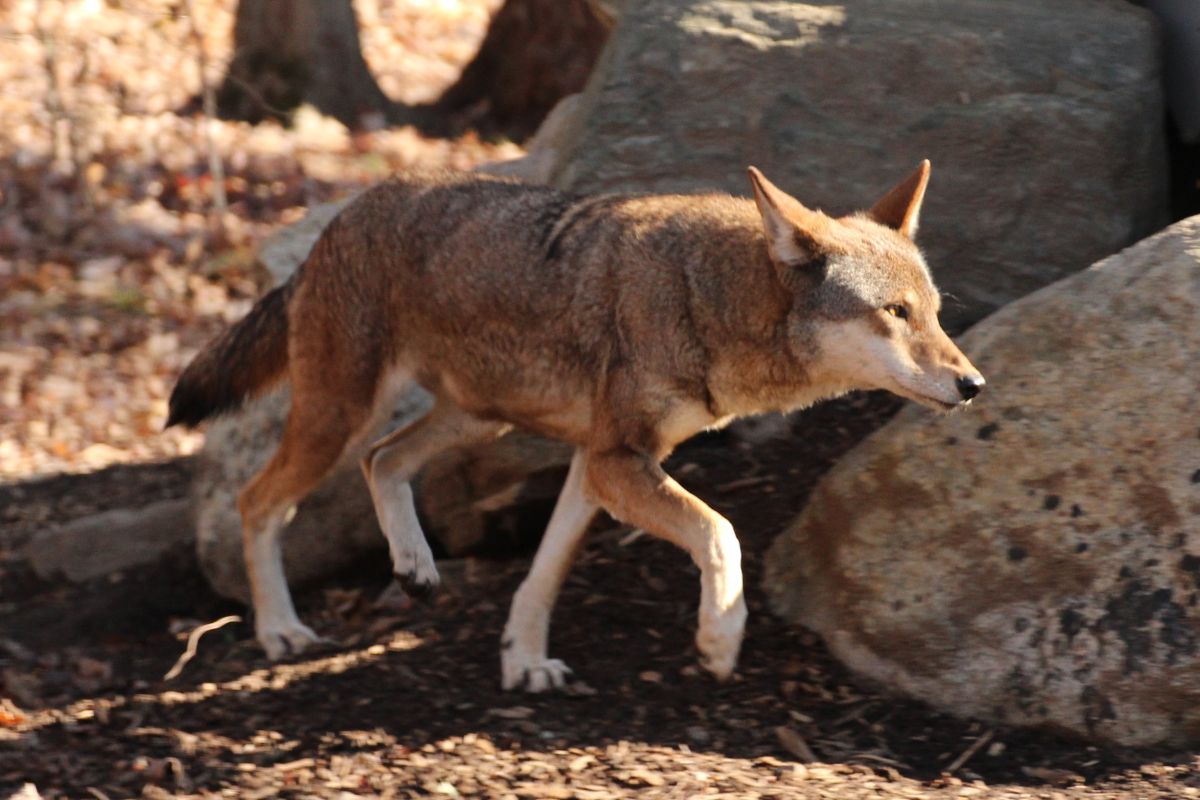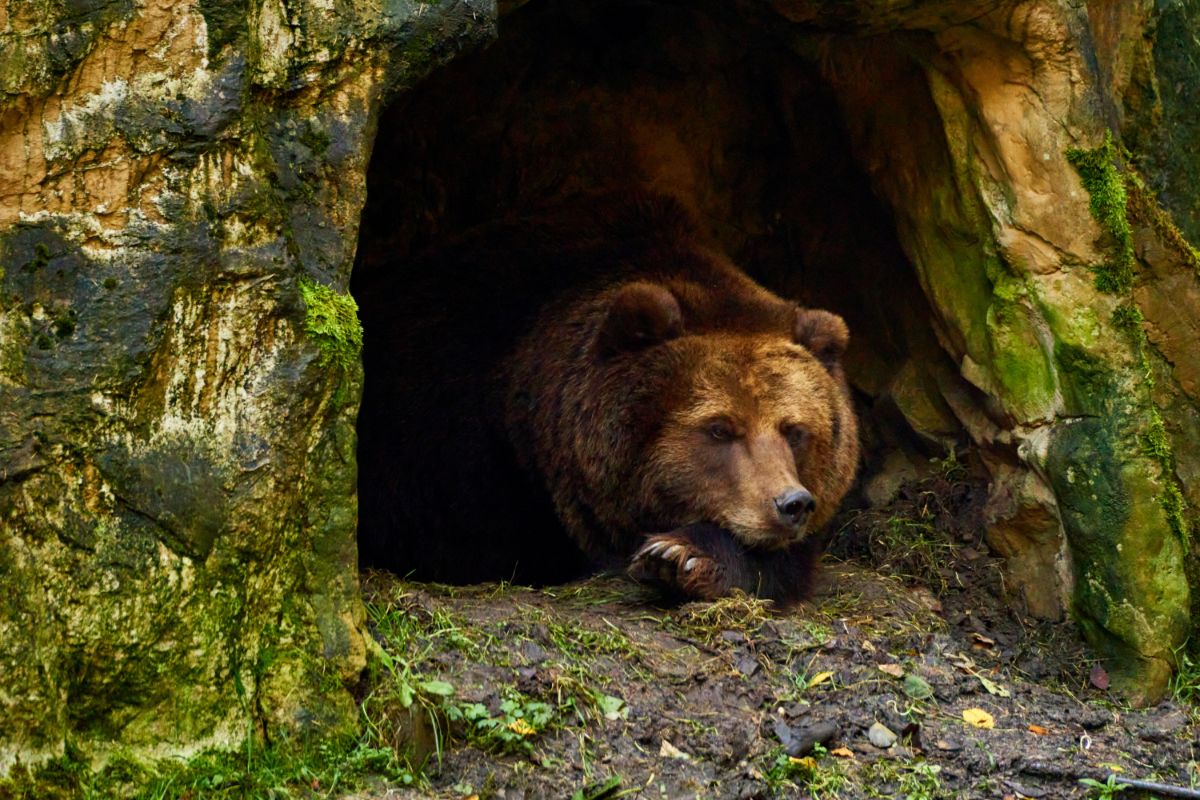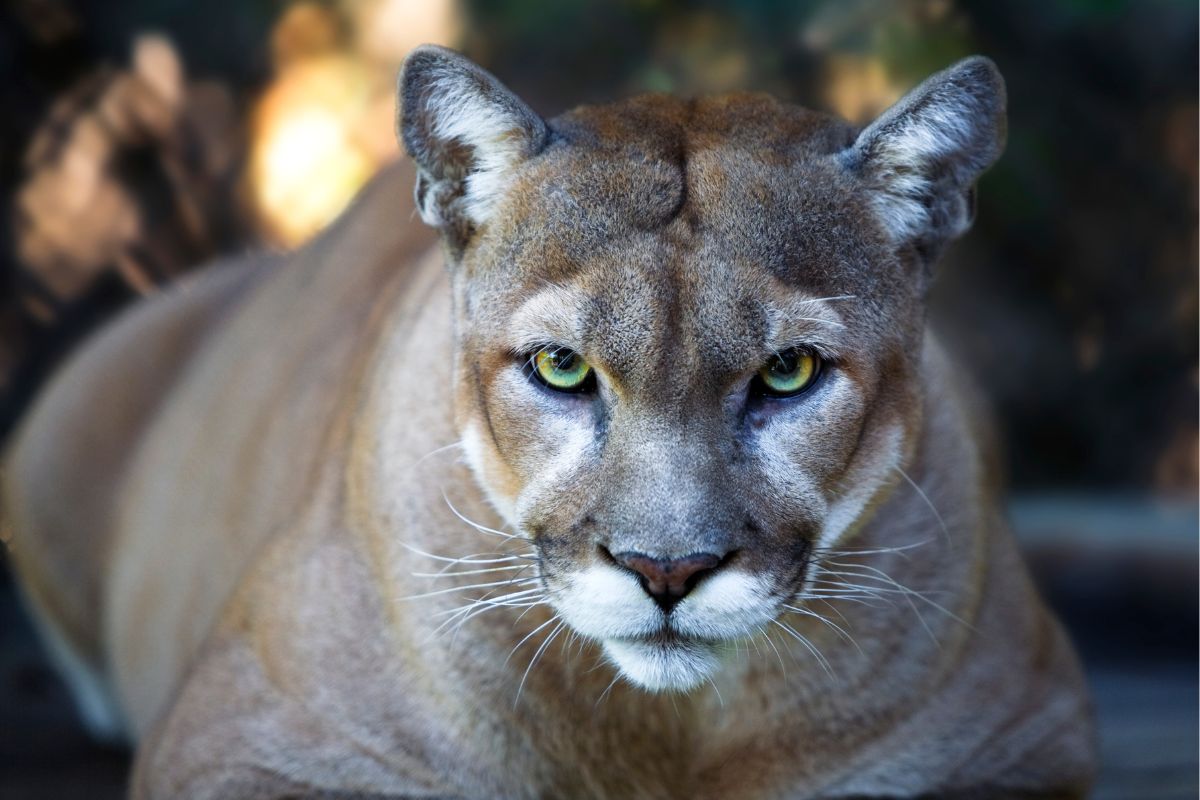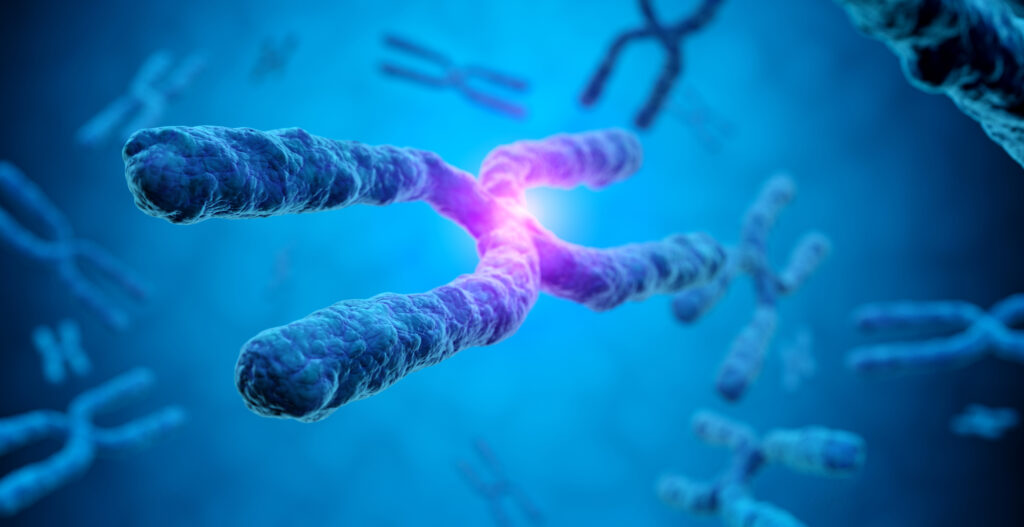
While some animals can suffer from similar chromosomal defects, they cannot have down syndrome, as it is specific to humans. There have been several cases where animals have similar symptoms to down syndrome and people mistakenly assume it’s the cause.
What causes down syndrome?
Down syndrome is a genetic disorder also known as trisomy 21. Humans have 23 pairs of chromosomes and down syndrome occurs when there is a third copy of chromosome 21. This occurs in early stages of development of the fetus and there are no known conditional causes for it. Down syndrome can cause development issues as well as intellectual disabilities. The most common reason it is mistaken in animals is the similarities in physical characteristics caused by down syndrome.
Some physical characteristics associated with down syndrome include a flattened face, almond shaped eyes slanting upward, short neck, small hands, small feet, small ears, reduced or poor muscle tone, and shorter in height.
Mistaken cases in animals
Over the years there have been a handful of animals that have mistakenly been labeled as having down syndrome. Let’s look at a few and see what the true causes were.
Cats

Some of the most common mistaken cases come from cats online. Cats only contain 19 pairs of chromosomes, so having a third copy of chromosome 21 is impossible. Most of these mistaken cases are usually a different genetic disorder or mutation that causes similar characteristics. Some cats can have a form of dwarfism, causing similar features such as a flattened face.
Tigers
Tigers can also fall into a similar category to domestic cats, having similar chromosomal or genetic defects. A more specific species this has been known to occur in is white tigers. The cause for this in some white tigers over the years comes down to inbreeding. This primarily occurred before inbreeding programs were banned in 2011. White tigers are rare and were often subjected to inbreeding in efforts to increase populations. This caused defects that were easily mistaken for down syndrome.
Mice
Mice have been known to develop a similar chromosomal defect where they have an extra copy of chromosome 16. This causes a similar condition to down syndrome. Most mice that develop this condition die before they are born. Any that do make it to birth in the wild typically will not live long due to the dangers that mice encounter.
Chimpanzees
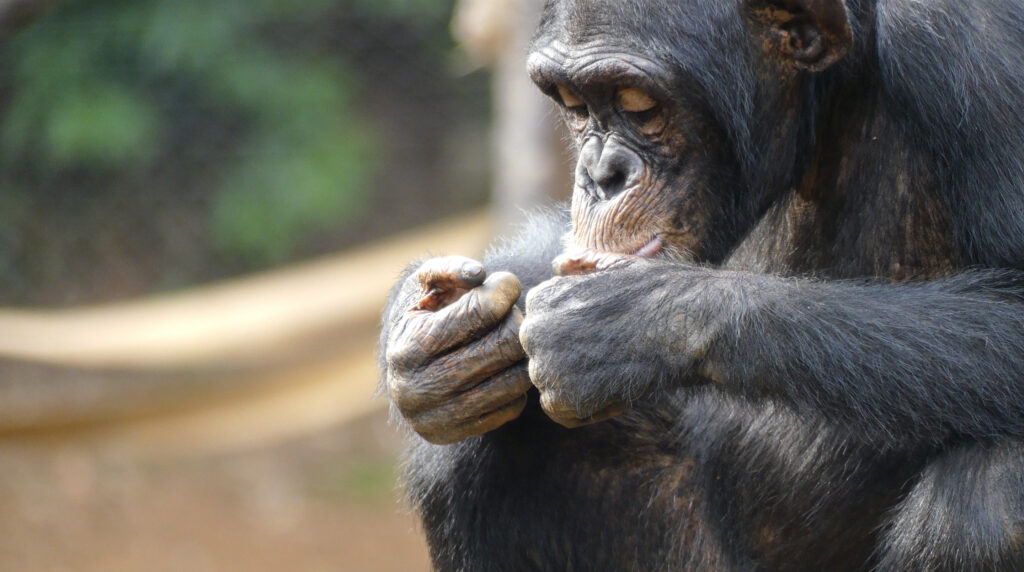
Chimpanzees have been the closest animal to develop a condition similar to down syndrome. This is not surprising considering how many other similarities they share with humans. Apes have 24 pairs of chromosomes, and they develop a third copy of chromosome 22. This condition is also known as trisomy 22 in apes. There have been two studied cases of trisomy 22 in chimps. The first case was discovered in 1969 and the chimp died at an early age, not even making it to two years old.
The more recent case was discovered in a 24-year-old female chimp named Kanako. Kanako has had several health issues throughout the years, including cataracts, which has caused her to be blind since she was 7. It was also discovered that she has a heart disease, which led to the discovery of trisomy 22. Kanako the chimp has several physical characteristics that show from the condition, including crossed eyes and underdeveloped teeth.
It’s believed by some that trisomy 22 could occur at a similar rate in apes as trisomy 21 does in humans. It is difficult to know for sure as apes are rarely tested for this condition, especially those in the wild.
Final Thoughts
As we have discussed, there are conditions in animals that can cause similar symptoms and characteristics as down syndrome. Apes can even have a similar chromosomal defect to trisomy 21 known as trisomy 22. Even though there are similarities out there, no animal can have down syndrome because it is a condition specific to humans.
- What Do Squirrels Eat? Learn About Their Diet and Winter Survival - October 14, 2024
- What Do Raccoons Eat? Discover Their Diet and Eating Habits - October 6, 2024
- What do foxes eat? - October 5, 2024



